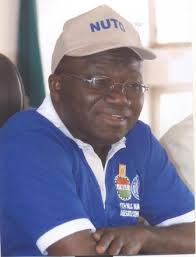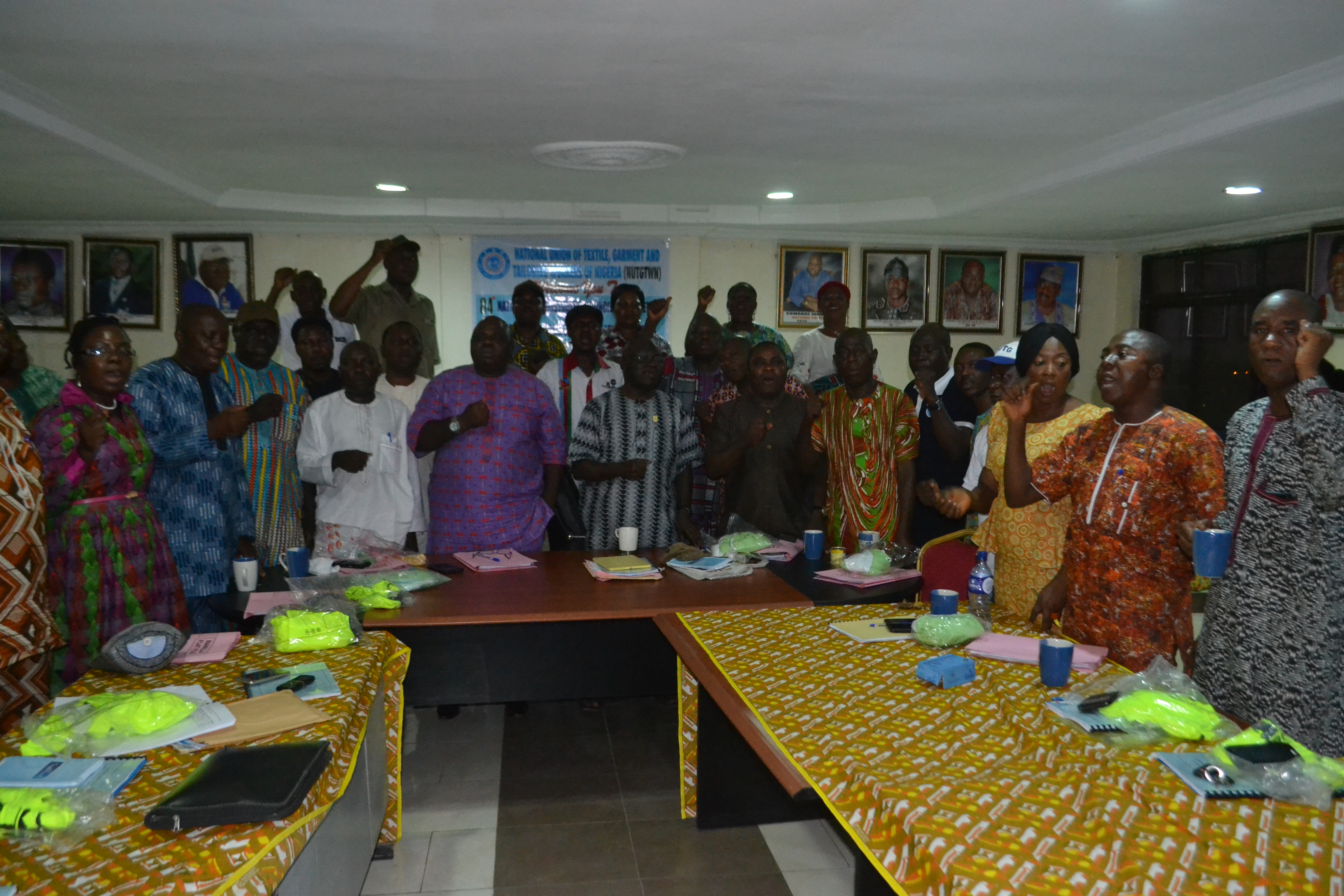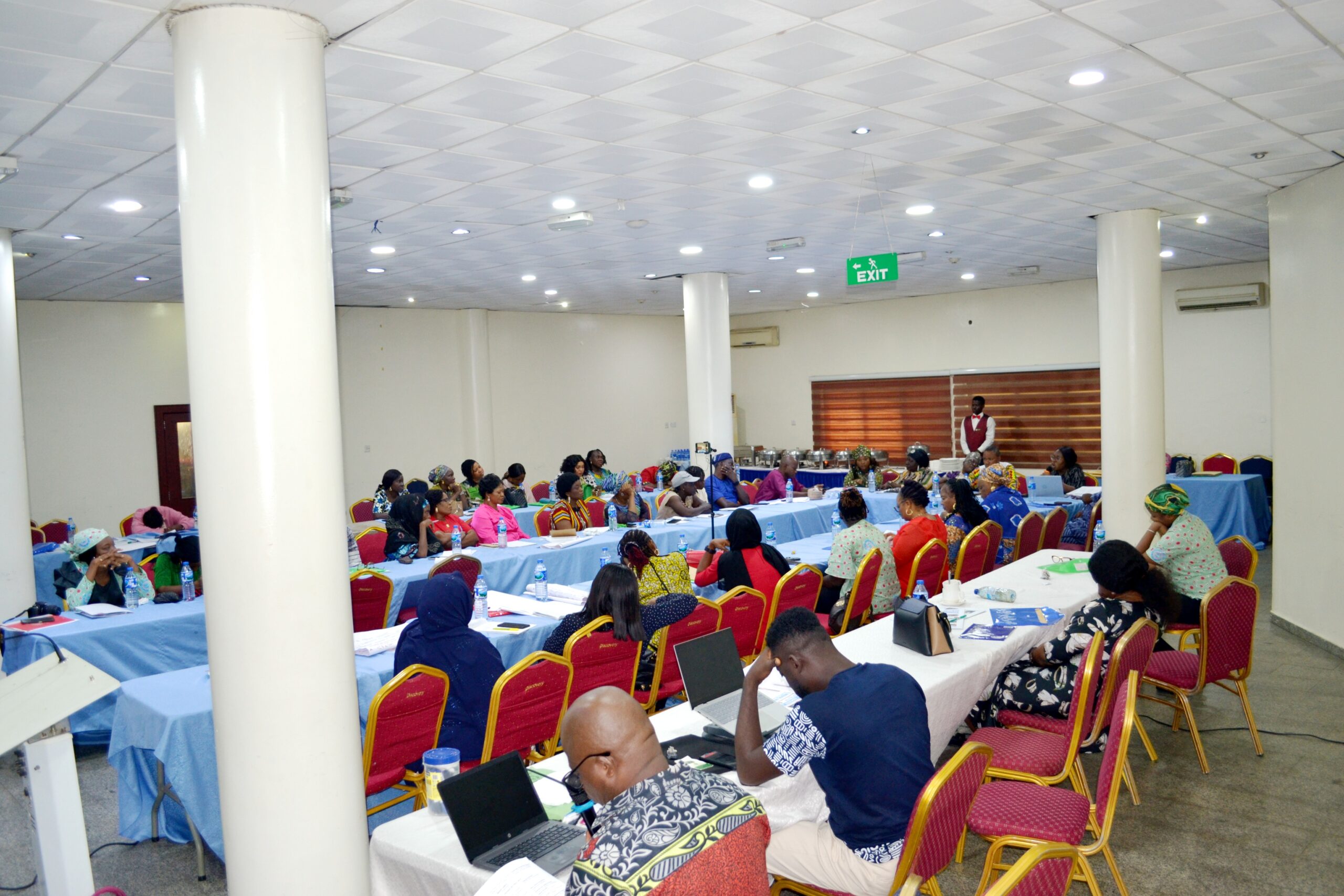
New fuel price, subsidy removal or deregulation? Buhari administration, more than ever before is hard put to explain the rationale for last week’s clearly arbitrary and outrageous over 60 per cent increase in the price of PMS from N86.50 to N145.
President Muhammadu Buhari and his ruling party never promised Nigerian voters about subsidy removal if elected. On the contrary, as Vice President Osinbajo rightly observed: “Pre
General Secretary
President Buhari has repeatedly and commendably maintained that subsidy was non-existent and that increase in the products prices would negatively affect the costs of living of the poor masses. The latest policy reversal as contained in the template announced by Minister of State, Petroleum, Dr. Ibe Kachikwu and enthusiastically hailed by chieftain and National Leader of the All Progressives Congress (APC), Bola Ahmed Tinubu therefore amounts at worse to a “policy coup” and at worse “policy corruption”.
Only the President who paradoxically is the petroleum minister has the final say on the new shock therapy policy that informed astronomical price jump with all the attendant implications for inflation and poverty, the very negative impact the president has long loathed? In the absence of this clarity, what we have is serial policy distortion and indeed policy corruption. Vice President Yemi Osinbajo seemed to have added to this confusion when he admitted that the inability of Nigeria’s Central Bank to provide enough needed foreign exchange is responsible for the increase of fuel price to N145. Mr Osinbajo made the disclosure in a letter he wrote to Nigerians in which he tried to explain the reason for the fuel price increase. Witness the Vice President; “These marketers up until three months ago sourced their foreign exchange from the Central Bank of Nigeria at the official rate. However, since late last year, independent marketers have brought in little or no fuel because they have been unable to get foreign exchange from the CBN. The CBN simply did not have enough. In April, oil earnings dipped to $550 million. The amount required for fuel importation alone is about $225million!”.
The submission of the VP almost rhymed with the case made for the oil marketers by the minister of state who announced after the meeting with “stakeholders” that the main reason for the current problem is the inability of importers of petroleum products to source foreign exchange at the official rate due to the massive decline of foreign exchange earnings of the federal government.
As a result, we are told that private marketers have been unable to meet “their approximate 50% portion of total national supply of PMS”. The VP also went further to say that all “Oil Marketers will be allowed to import PMS on the basis of FOREX procured from secondary sources and accordingly PPPRA template will reflect this in the pricing of the product”. Happily the CBN has made a disclaimer of a special exchange rate arrangement for the oil marketers. The point cannot be overstated that there is no substitute for good governance, what Nigerians ask for is products availability at affordable prices not serial black mail by oil marketers.
Marketers are in business to make profit which they would do through padded fuel price template or blatant products diversions as revealed not long ago by Minister of State, Petroleum, Dr. Ibe Kachikwu. However the government is there to ensure the prosperity of the nation and the welfare of the citizens. So far the government officials are eager to address the plight of the marketers rather than prosperity of the nation and welfare of all. The challenge facing the petroleum downstream sector goes beyond pricing. The fundamental issue is sustainable domestic supply which can only be made possible through reinvention of the existing domestic refineries and building of more. Unfortunately Nigerians have not seen much activism on the part of the government in this direction. Getting “appropriate pricing” for imported fuel pushes Nigeria into permanent dependency making the economy vulnerable to vagaries of foreign exchange fluctuations.
Nigeria must take advantage of the multiple benefits of crude oil by fixing existing local refineries, exploring local refining capacity and building petrochemical and gas plants. Minister Ibe Kachikwu once embarked embarrassingly that “It’s cheaper to import petrol than refine locally”. Nigeria spends as much as $10bn annually on importation of petroleum products, almost the same amount to build Dangote Refinery, the biggest private Refinery in the world with proposed 650,000 barrels per day in the Lekki Free Trade Zone (LFTZ) Lagos! Nigeria should move from policy distortions, policy corruption to a coherent sustainable policy on petroleum downstream sector.
By Issa Aremu, mni








